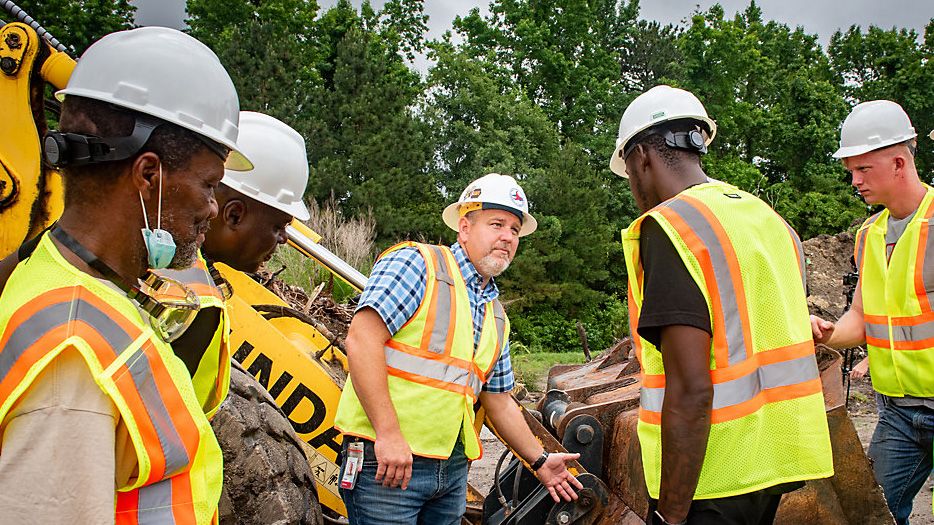NORTH CAROLINA — The tragedy in a Raleigh neighborhood, which killed five people and injured two others, is one of more than 560 mass shootings in the U.S. so far this year, according to data from GunViolenceArchive.org.
The organization defines a mass shooting as having "a minimum of four victims shot, either injured or killed, not including any shooter who may also have been killed or injured in the incident."
- According to GunViolenceArchive.org, there have been more than 560 mass shootings in the U.S. this year
- Mental health professionals say they are seeing a desensitization in the community when it comes to recent tragedies
- Dr. Jurell Riley, a psychiatric nurse practitioner, says the immediate numbing feeling is the mind's way to cope with tragedy, but to nurture our mental health, we must learn to talk about it
Mental health professionals say the number of tragedies combined with the pandemic have had a numbing effect on our minds and a negative impact on our mental health.
“Yes, we are being desensitized to what's going on nowadays”, said Dr. Jurell Riley, a psychiatric nurse practitioner with Monarch Behavioral Services. "But the thing about it is, desensitization is a natural response to traumatic experiences. That immediate numbing feeling helps you process through your day."
He says the the past two years of isolation during the pandemic hasn't helped.
"As humans, we’re meant to be around others," Riley said.
He explains the numbing effect is a natural response, but not one to make a normal routine.
"Think about it like this, like a callus, we work with our hands a lot, we develop these calluses, which is skin buildup on top of skin, and it helps you become desensitized and numb. It's the same thing with your mind. We keep re-experiencing these traumatic situations, these shootings, and we’re building these calluses on our mind. Doesn’t necessarily mean it's a good thing, because eventually, what happens to calluses? They peel off. Same thing with the calluses in your mind, they peel off, they fall off, and a lot of times, they fall off at the wrong times in your life," Riley explained.
He has three things you can start doing today to improve your mental health and create healthy emotions when tragedy hits.
- Set boundaries. Limit the negativity you read on social media, limit negative and violent shows and movies, and also violent video games.
- Build meaningful relationships and healthy connections with people. As humans we're meant to be around each other.
- If you're struggling, reach out for help. Something as simple as talking about the tragedy with others will help.






)


